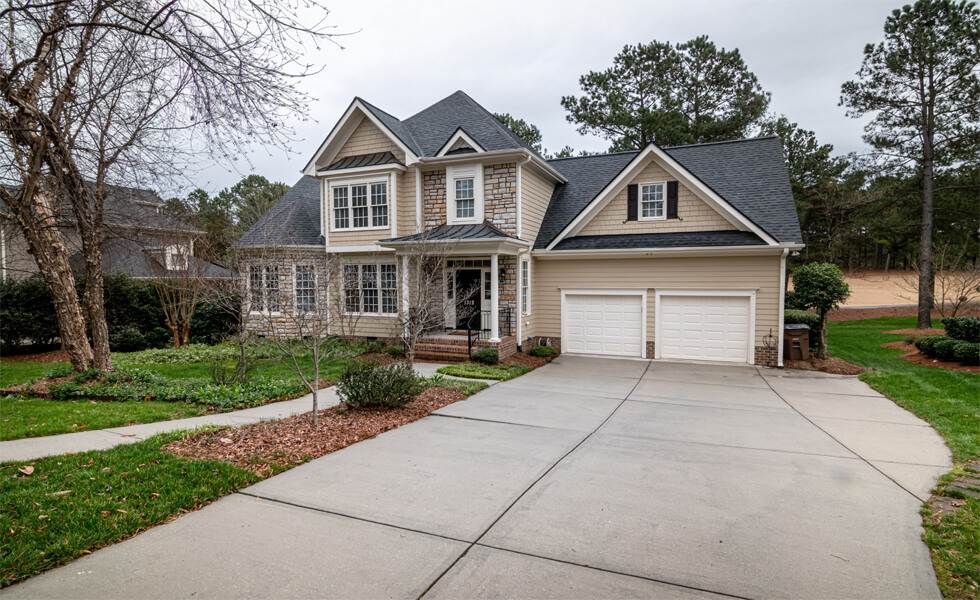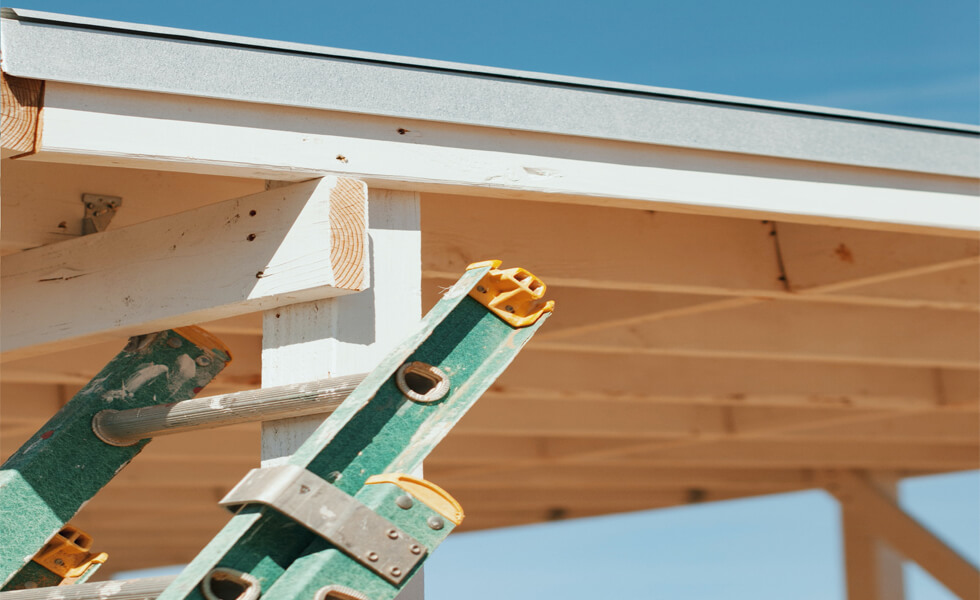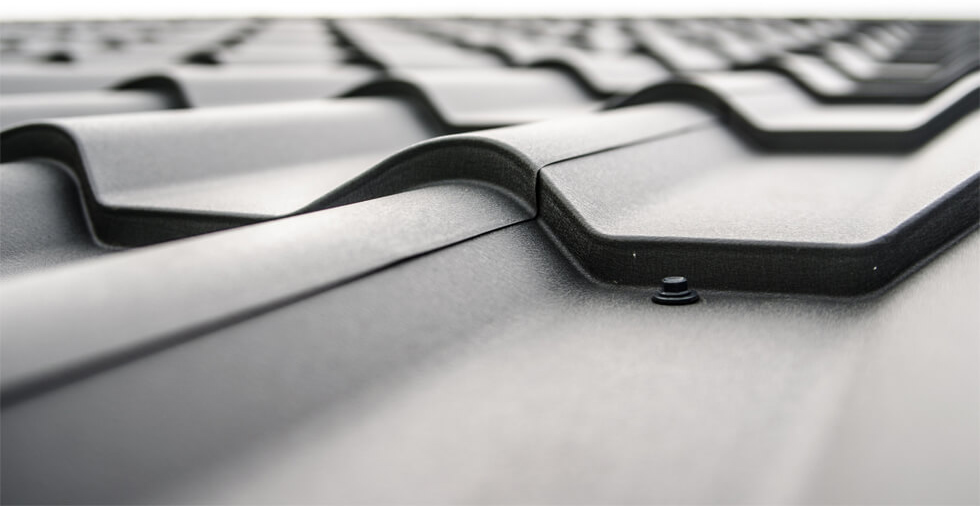
You’ve finally installed a brand new roof, and it feels great. Now you can sit back, relax, and enjoy the next (insert warranty term here) years with no roofing worries. Or do you? The simple answer is that it depends on the roofing system you purchased. Most homeowners or facility managers tend to focus on just the length of the warranty. They never fully understand the nuts and bolts of what is and what is not covered, leaving you open to unpleasant surprises later on. Understanding what a typical roofing warranty entails can help you make the most from your coverage and, of course, avoid costly surprises.
Let’s Be Clear: What are The Types of Roof Warranties?
It probably won’t surprise you to learn that roofing warranties are designed to protect the manufacturer more than the buyer.
Manufacturers spend the big bucks on attorneys to compose tons of fine print that aim to limit their liability if a problem or fault arises concerning their product. That’s why it’s vital to answer this one question before putting pen to paper on your warranty purchase: What type of roof warranty am I getting?
• Manufacturer Roof Warranty Vs. Contractor Roof Warranty
This one is pretty straightforward. Manufacturer roof warranty comes from the roofing product manufacturer. In contrast, the contractor roof warranty comes from the roofing company that installed the roof.
Typically, contractor roof warranties do not cover roofing materials and only cover workmanship.
Basic manufacturer warranties cover roofing materials, not workmanship. For that, you would need to upgrade to a high-grade warranty. While these vary from one manufacturer to the other, they typically cover the full replacement and warranted repairs for the first few years after the installation.
• Labor Warranty Vs. Workmanship Warranty
Here is another set of roofing warranties that often bring confusion, so let’s clear up the air once and for all:
A workmanship warranty is the only protection you get from the roof installer against installation errors and failures.
Labor warranties only cover the costs of repairing a defective roof, but not the cost of replacement/repairs related to installation failures or errors. That’s why it’s crucial to hire a reputable company for your roofing installation.
• Full-System Warranty Vs. Material-Only Warranty Vs. Labor-only Warranty
As the name suggests, full-system warranties cover everything—from materials to the manufacturer-approved accessories, metalwork, and flashings used in the actual installation. These warranties also cover the full cost, labor included, of any leak repairs within the terms and conditions of the contract. Some full-system warranties entail workmanship cover, but not all manufacturers offer cover for installation errors.
Labor-only warranties only cover the labor costs incurred when repairing a roof defect and doesn’t cover the cost of roof materials. It’s worth noting that these are not the same as workmanship warranties, meaning labor-only warranties might not cover repairs needed for installation failures or errors.
In contrast, material-only warranties do come at a lower cost. However, they only protect you against defects in the roofing materials that occur within the warranty’s length. Material-only warranties only cover the roof membrane, not other accessories such as metal edge, adhesives, flashings, etc.

Types of Damages Covered Under a Typical Roof Warranty
Again, this depends on the actual type of roof warranty you have received. To avoid future surprises, be sure to read the fine print (we mean those lengthy warranty contracts) and exclusions.
Most roof warranties typically cover roof damages like leaks as long as it falls within the agreed terms and conditions. If the damage was caused by an outside force, such as negligence, improper installation, or damaged rafters, it might not be covered.
Below are some typical things covered in a standard roof warranty or might require an additional fee:
Roof Leak Repair
A majority of full-system roof warranties will cover material and labor expenses for roof leak repairs. However, the circumstances surrounding the cause of the leak must fall under specific requirements (usually listed in the fine print) for the warranty to stand. For instance, a typical roof warranty will not cover the leak repair cost if the problem was caused by hail, lightning, high winds, fire, earthquakes, etc.
Puncture Damage
If your roof has high foot traffic, you might want to consider adding accidental puncture coverage.
Hail
Hail damage might not be covered under a typical roof warranty, but it can be added.
High Winds
Some warranties cover winds of a particular variation and speed, but if your area is prone to high winds, consider some additional coverage.
Damages That Might Be Excluded from Typical Warranty Coverage
Almost as crucial as what is covered by your roof warranty is knowing what is not covered. Here are the most common exclusions:
Unauthorized Repairs or Alterations
Misuse, Negligence, Vandalism, or Intentional Damage
Improper Roof Repairs
Acts of God, including Tornadoes, Fires, Floods, Etc.
Consequential or Internal Damages Caused By Roof Leaks, Such As Damaged Drywall, Ceilings, Equipment, Etc.
Preexisting Moisture
Pooling/ Standing Water
Replacement
What Voids a Roof Warranty?
Given the high cost of acquiring a new roof, the last thing you want to do is to void the general contractor roof warranty, manufacturer warranty, or any other roof warranty, for that matter. Your roof is, without a doubt, the most expensive thing you’ll ever have to repair or replace.
It’s imperative to go through your specific warranty for the nitty-gritty, but here are seven things that will usually turn a roof warranty into useless pieces of paper:
• Allowing incompetent businesses or people to maintain your roof.
• Not maintaining regular maintenance. This one is a no-brainer. Regular maintenance will increase the life span of your roof. Manufacturers/contractors know this and can use it to void your warranty.
• Not performing regular inspections This should be done once or twice a year, preferably after winter.
• Improper installation
• You perforate your roof, i.e., by recklessly installing skylights, satellites, antennas, or HVAC units.
• Allowing up foot traffic on the roof without ensuring qualifications.
• You fail to commission additional inspections immediately after extreme fires, heavy rains, tornadoes, etc.
If you’re in the process of acquiring the roof of your dreams, make sure you carefully read through the fine print and ask for clarifications where need be to avoid costly surprises. In the roofing world, prevention is always better than cure!

Need help to protect your investment and to beautify your home? Call us at (703) 755-2005, and we’ll be glad to assist!
